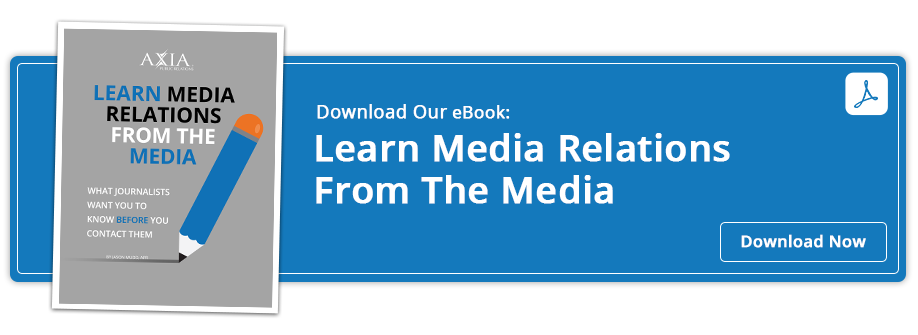 What to do if a reporter is contacting your company for a statement and you’re not prepared.
What to do if a reporter is contacting your company for a statement and you’re not prepared.
A reporter is calling and emailing asking questions about a recent change in your company. And, you aren’t ready to go public with the information. Perhaps it’s too early to make a statement. What do you do when you aren’t ready to talk to the media? Timing matters when making statements to the news. It is important to consider the immense benefits of good PR and how valuable it can be for your company.
There are several ways you can handle the media in a non-crisis situation.
- Simply don’t respond and ignore the questions.
This is an option, but it’s not the best one. The reporter has a job to do and a story to write. If you don’t respond, the reporter will still write the story, but your company’s perspective will not be included. If you choose not to respond, you will have no control over what is published.
- Respond with a generic statement.
It could be, “My company is not ready to make a statement.” The reporter will most likely use your short statement in the story, and this response is better than no response. But it makes your company look disengaged and as though you aren’t considering the public’s interest in your company. It could backfire and the public could withdraw future support.
- Offer to follow up at a specific time.
When will you be ready to talk to the media? Offering a time will allow the reporter to reschedule the story to match your timeline. It’s important to remember that journalists have deadlines and need to get stories out quickly. Also, you should be aware of the other ways your company can manage media relations. Building a mutually beneficial relationship with the media is essential for your business. Depending on the newsworthiness of the story, “I will get back to you at the end of this month,” could serve as a reasonable response and will set an expectation for the reporter.
- Respond transparently.
Ask yourself, “Why am I hesitant to talk to the media?” The answer will help you decide what to disclose. Being honest with a reporter's inquiry will show that you value the curiosity around your company. It will show the reporter that you know it’s important for your company to be open and available. But remember, everything you say in your statement is open for the reporter to use – and the reporter will most likely use it.
- Hire a PR agency.
Hand over your media relations to a public relations firm. This will ensure all media relations are handled quickly, efficiently and effectively. Axia Public Relations is known for its personal relationships with local, regional and national media contacts. When information is requested for a client, we know the correct response for each individual reporter. We know what information journalists are seeking and the deadlines and the beats they cover. So we can earn your company positive media coverage at the right time.
Be prepared and proactive by downloading our e-book Learn Media Relations from the Media. The media is always going to be interested in getting the scoop on your company, and often that entails gathering information that hasn’t been officially released. Get ahead of the media with an experienced PR firm and control your message.
 Katie Boyles has worked with Axia since September 2015. She studies public relations at the University of North Florida in Jacksonville, Fla. and will soon graduate with a Bachelor of Science in communication.
Katie Boyles has worked with Axia since September 2015. She studies public relations at the University of North Florida in Jacksonville, Fla. and will soon graduate with a Bachelor of Science in communication.
Featured image credit: 123rf.com
Topics: public relations, media



Comment on This Article